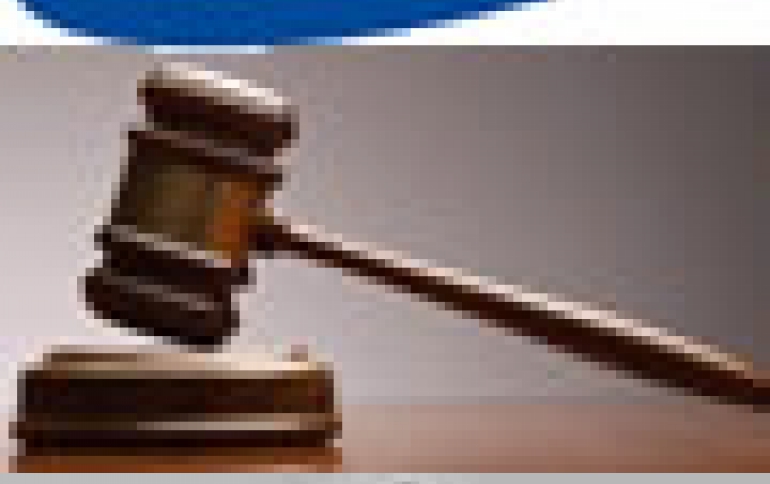
Apple Cannot Ban Infringing Samsung Phones: Judge
Samsung can continue to sell three of its older-generation smartphones in the U.S., a federal judge ruled late Monday.
Apple demanded that its rival in the smartphone market cease selling models a jury last August found illegally used its technology.
The immediate impact of the ruling means that Samsung can continue to sell three of the older-generation smartphones still on U.S. shelves that a San Jose jury in August found ripped off technology Apple used to create its iPhone.
However, U.S. District Judge Lucy H. Koh in San Jose, California, said it wasn't in the public interest to bar Samsung's devices because the infringing elements constituted a limited part of Samsung's phones.
"The phones at issue in this case contain a broad range of features, only a small fraction of which are covered by Apple's patents," Koh wrote in her ruling issued late Monday night.
"Samsung may have cut into Apple's customer base somewhat, but there is no suggestion that Samsung will wipe out Apple's customer base, or force Apple out of the business of making smartphones," Koh added. "The present case involves lost sales -- not a lost ability to be a viable market participant."
Samsung is currently selling only three of the 26 products that Apple sought to block are still being sold according to Samsung: the Galaxy S II by T- Mobile, Galaxy S II Epic and Galaxy S II Skyrocket.
In a second order yesterday, Koh also denied Samsung's motion for a new trial because of allegations regarding the jury's foreman. Koh is still considering Samsung's request to reduce the $1.05 billion verdict awarded by the jury.
Seperately, Samsung Electronics will withdraw its requests to ban Apple products in European countries. The Korean smartphone maker will drop its requests in Germany, the U.K., France, Italy and the Netherlands, according to Bloomberg.
"Samsung has decided to withdraw our injunction requests against Apple on the basis of our standard essential patents pending in European courts, in the interest of protecting consumer choice," the Suwon, South Korea-based company said in a statement today.
The immediate impact of the ruling means that Samsung can continue to sell three of the older-generation smartphones still on U.S. shelves that a San Jose jury in August found ripped off technology Apple used to create its iPhone.
However, U.S. District Judge Lucy H. Koh in San Jose, California, said it wasn't in the public interest to bar Samsung's devices because the infringing elements constituted a limited part of Samsung's phones.
"The phones at issue in this case contain a broad range of features, only a small fraction of which are covered by Apple's patents," Koh wrote in her ruling issued late Monday night.
"Samsung may have cut into Apple's customer base somewhat, but there is no suggestion that Samsung will wipe out Apple's customer base, or force Apple out of the business of making smartphones," Koh added. "The present case involves lost sales -- not a lost ability to be a viable market participant."
Samsung is currently selling only three of the 26 products that Apple sought to block are still being sold according to Samsung: the Galaxy S II by T- Mobile, Galaxy S II Epic and Galaxy S II Skyrocket.
In a second order yesterday, Koh also denied Samsung's motion for a new trial because of allegations regarding the jury's foreman. Koh is still considering Samsung's request to reduce the $1.05 billion verdict awarded by the jury.
Seperately, Samsung Electronics will withdraw its requests to ban Apple products in European countries. The Korean smartphone maker will drop its requests in Germany, the U.K., France, Italy and the Netherlands, according to Bloomberg.
"Samsung has decided to withdraw our injunction requests against Apple on the basis of our standard essential patents pending in European courts, in the interest of protecting consumer choice," the Suwon, South Korea-based company said in a statement today.





















